Prospective Students
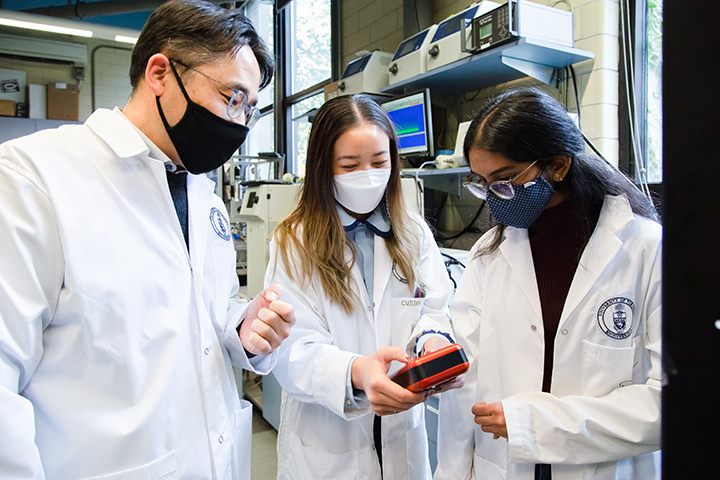 Our reputation as a research powerhouse and a collaborative and caring community enables us and challenge you to reach your full potential by providing opportunities for growth through various academic and non-academic programs. Develop your professional skills and build a solid foundation for successful and rewarding careers.
Our reputation as a research powerhouse and a collaborative and caring community enables us and challenge you to reach your full potential by providing opportunities for growth through various academic and non-academic programs. Develop your professional skills and build a solid foundation for successful and rewarding careers.
Discover the value of a graduate degree in the Department of Chemical Engineering & Applied Chemistry from the University of Toronto - and the impact our students and alumni have on the world around us.
Together with internationally-renowned professors, our graduate students are shaping the future in energy, environment, health, and foundational topics.
The Department of Chemical Engineering & Applied Chemistry offer both research and professional degree options:
New MEng Emphasis - Environmental Engineering Consulting
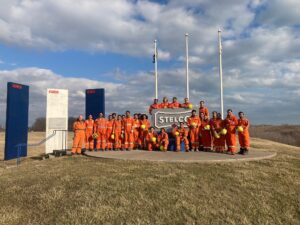
We are excited to announce our new emphasis in Environmental Engineering Consulting. This emphasis is exclusively for ChemE MEng students.
Through the Environmental Engineering Consulting emphasis, students will have opportunities to gain essential knowledge in monitoring, sustainable treatment technologies, modelling, environmental regulations, project management, and risk assessment. Environmental consulting engineers are in high demand. Training in this area will make make our graduates highly sought after.
Research Themes
Research in the Department of Chemical Engineering & Applied Chemistry impacts foundational principles that tackle major challenges to human health, environmental stewardship, and renewable energy. Through inter- and intra-departmental collaborations and the wide range of expertise of our researchers, our ground-breaking work addresses key issues concerning the sustainability of our society.


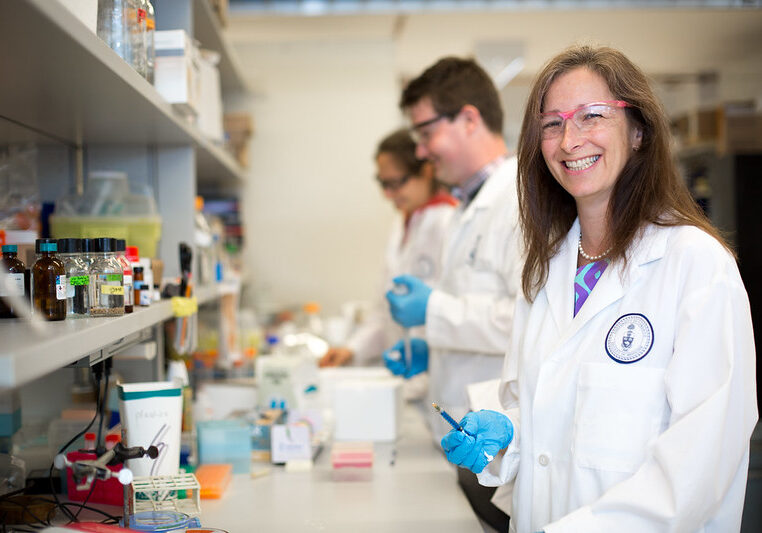
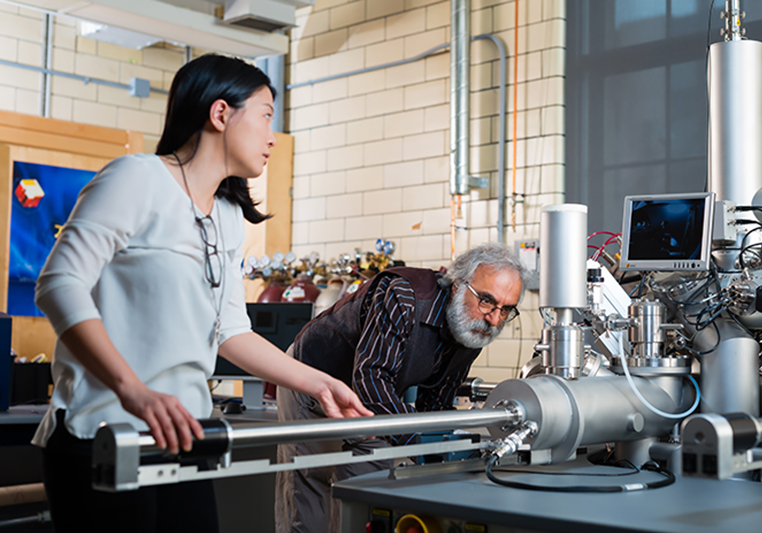
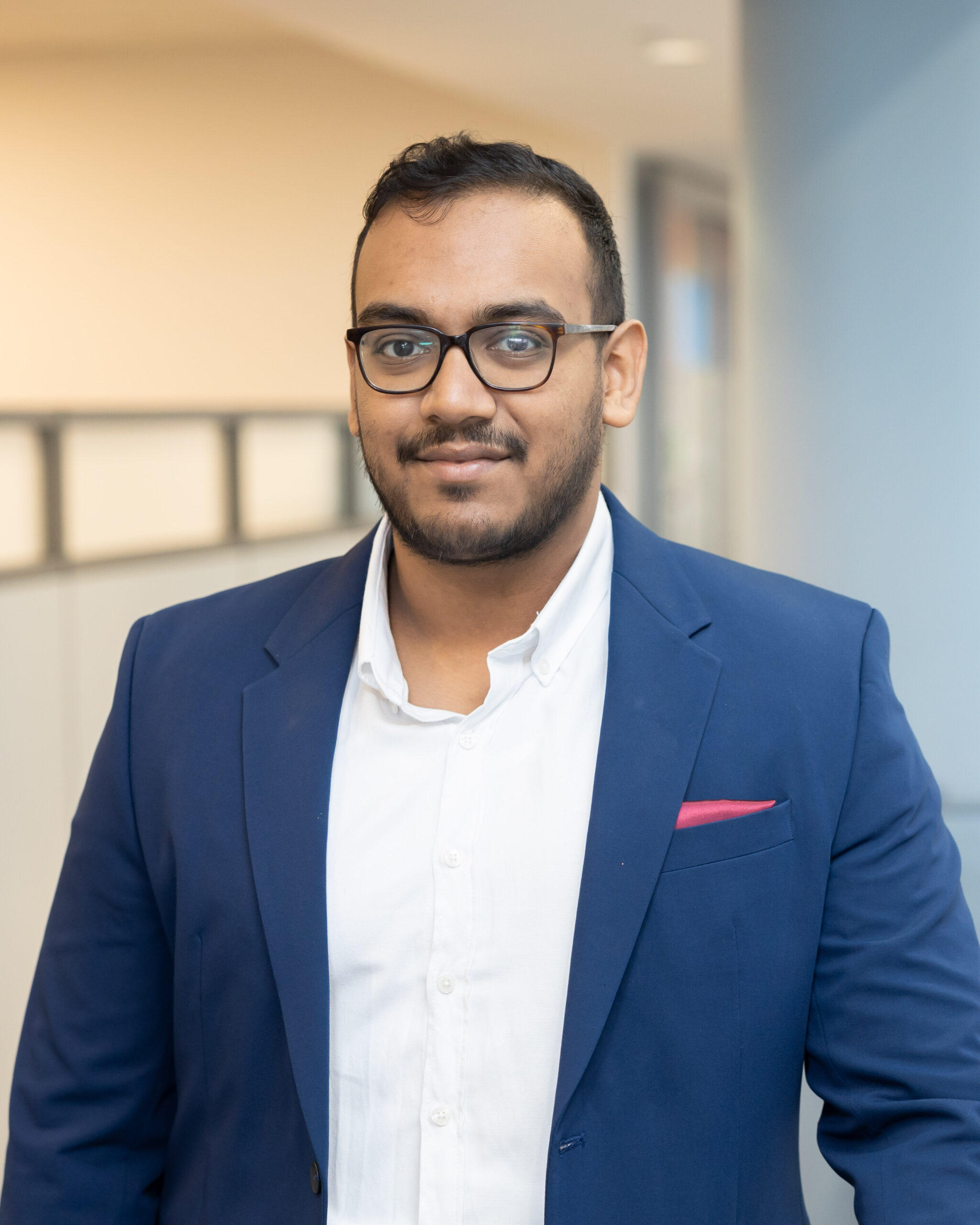 Masum Billah (ChemE MASc 2T3)
Masum Billah (ChemE MASc 2T3)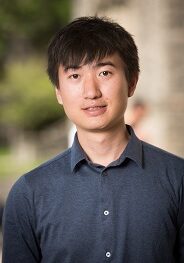 Xu Chen (ChemE PhD 2T3)
Xu Chen (ChemE PhD 2T3)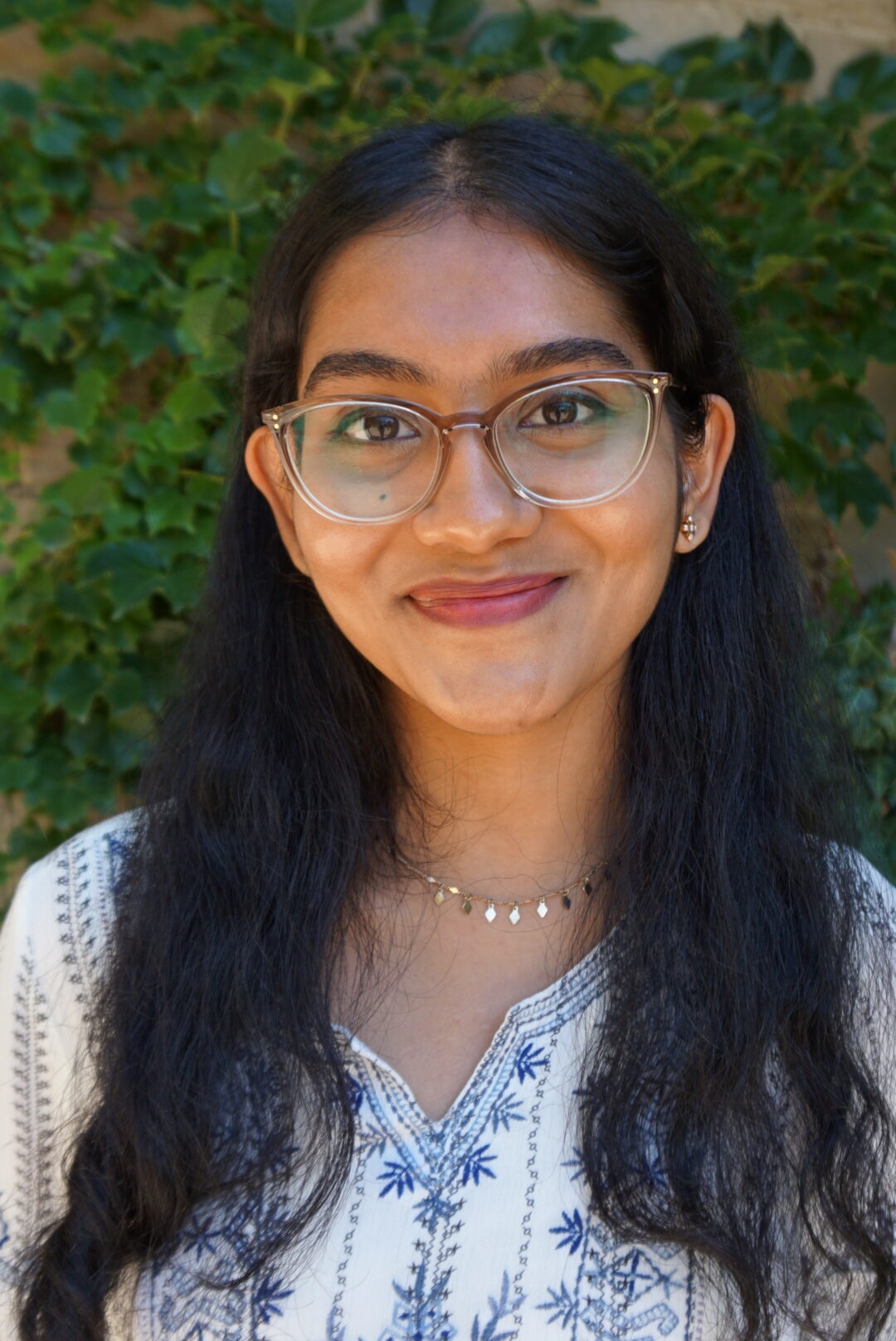 Nishitha Shashidhar(ChemE MASc 2T3)
Nishitha Shashidhar(ChemE MASc 2T3) Grisha Dialani (ChemE MEng 2T1)
Grisha Dialani (ChemE MEng 2T1)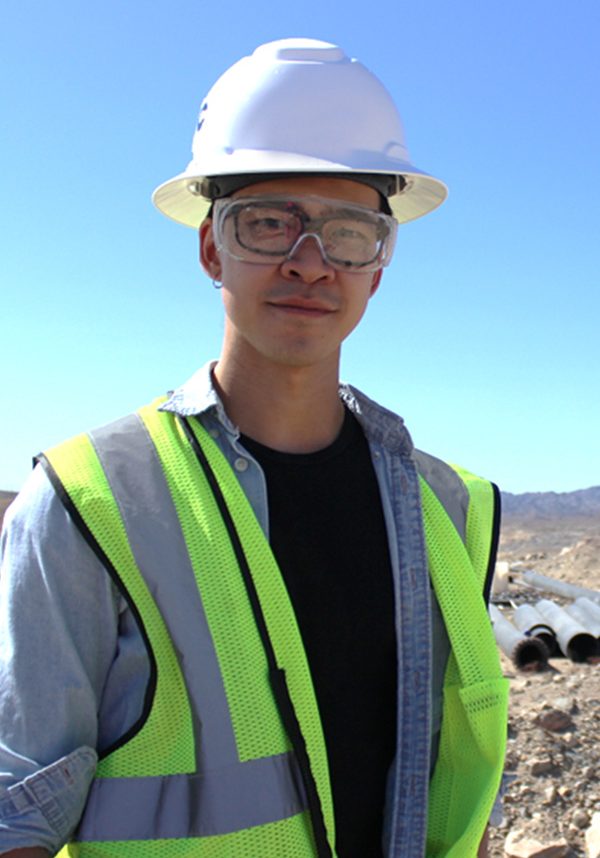 Patrick Diep (ChemE PhD 2T3)
Patrick Diep (ChemE PhD 2T3) Ishita Aggarwal (ChemE MEng 2T2)
Ishita Aggarwal (ChemE MEng 2T2)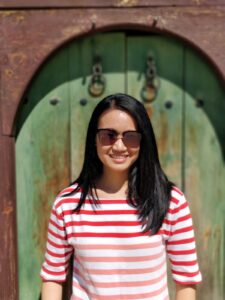 Jessica Ngai (ChemE PhD 2T3)
Jessica Ngai (ChemE PhD 2T3)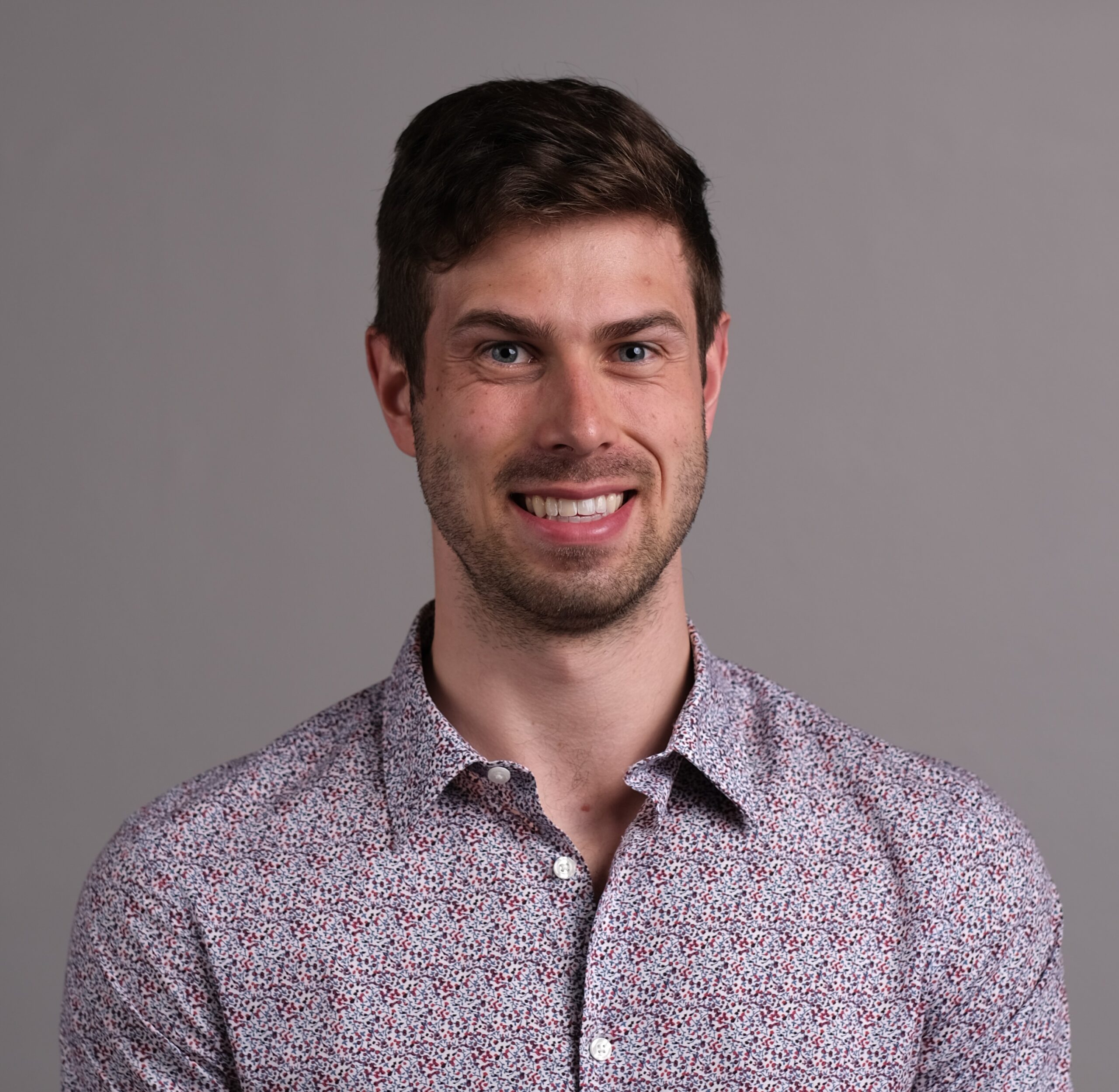 Eric Donders (ChemE PhD 2T3)
Eric Donders (ChemE PhD 2T3) Sourojeet Chakraborty (ChemE PhD 2T3)
Sourojeet Chakraborty (ChemE PhD 2T3)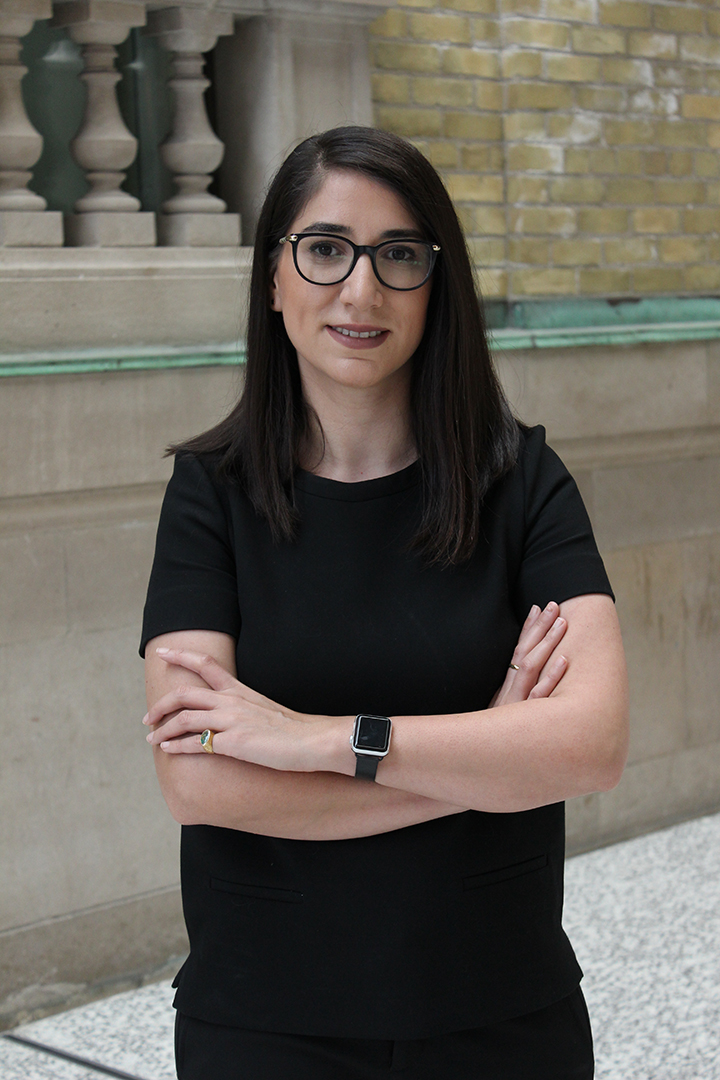 Azadeh Vatandoust (ChemE PhD 2T3)
Azadeh Vatandoust (ChemE PhD 2T3)